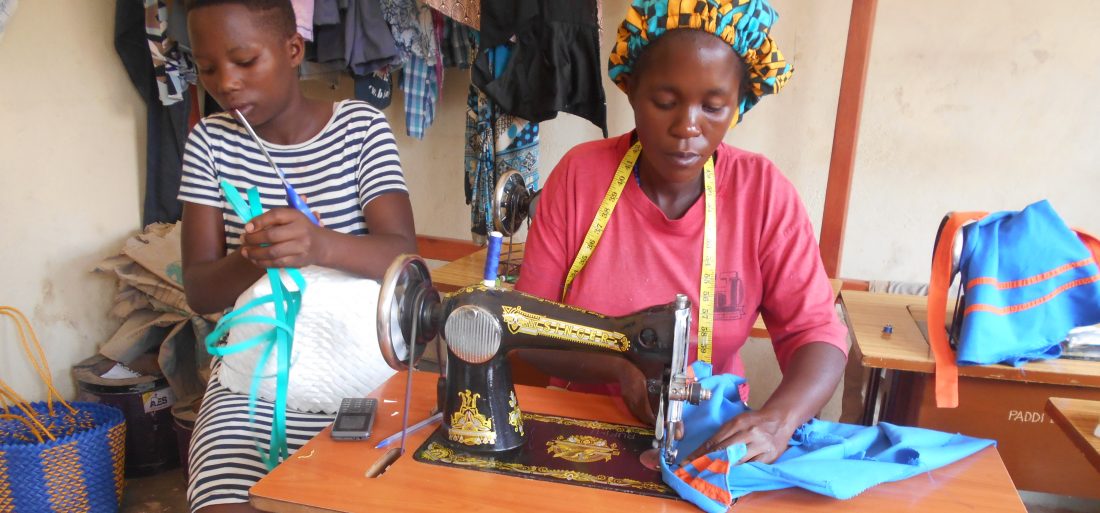S.4 Leavers Should Highly Consider the Vocational Skills (TVET) Path: Here is the Reason!
TVET in full is the Technical and Vocational Education and Training. It briefly refers to a program within the Ministry of Education and Sports that intentionally plans and develops vocational skills among learners, including those already in the formal education system and those outside.
In this brief article, Alfred Ntagungira, a TVET champion and founder of UFUNDI, a vocational training startup, highlights the relevance of TVET among Uganda’s youth and why S.4 leaves may have to consider this path, even more than the A’ level path! Let’s dive in:
TVET and Uganda Youth Unemployment

Uganda stands at a critical juncture where a substantial portion of its youth face unemployment, while vocational education remains undervalued and underappreciated.
The African Center for Economic Transformation indicates that schools are not equipping young people with the skills required for the world of work today.
The traditional education system often neglects the development of practical skills, leaving graduates unemployable.
One of the strategic choices a student and their parent can make after completing Lower Secondary (UCE) & Upper Secondary (UACE) is to join Technical and Vocational Education and Training (TVET) also known as BTVET in Uganda.
Technical and Vocational education schools offer an alternative path towards achieving a Bachelor’s degree while imparting hands-on skills that make one employable. The benefit of the TVET path is that a student can easily get a job after completion of their first course or even start up their small business enterprise. This means that the child can therefore support themselves to the next level if you as a parent are unable to continue supporting them.
TVET for UCE graduates.

A UCE graduate has two TVET choices; to enroll for the National Certificate course or the Directorate of Industrial Training (DIT) course. The National certificate is a two-year course, examined by the Uganda Business & Technical Examinations Board (UBTEB). This national certificate is equivalent to an A level and can be used to upgrade in a university or even to contest for political office that requires a minimum of A level.
Whereas DIT is an assessing body that awards the Certificate of Competence in the skill of your choice. The DIT modular assessment has no formal education requirements and can be undertaken by a re-skilling university graduate as well as a skilled person who has never attended Primary school. The training for DIT assessment can be between 3 months to more than a year depending on the level of your certificate and the skill you are learning.
Students who go through the TVET system of education are better placed to build solid careers because they join universities with good knowledge of what their profession requires and the opportunities available to them, in addition to the hands-on skills they already have.
TVET for UACE graduates.
A UACE graduate can enroll for the National Diploma/Ordinary Diploma in the Profession of their choice, depending on the subjects passed at A level.
TVET for PLE leaver.
A PLE leaver is eligible for enrolment in a TVET school for the award of either a Certificate of Competence from DIT or the Uganda Junior Technical (UJTC) certificate from UBTEB. The difference is that the DIT training can be for less than a year while Junior certificate training is for three years and is equivalent to UCE.
Why choose TVET?
Overall, Technical and Vocational Education and Training programs provide a viable alternative path for students who want to pursue a practical, skills-based education that prepares them for the workforce.
With a range of programs and certification options available, students can choose courses that best suit their interests and career aspirations. With the growing demand for skilled workers in various industries, the Technical and Vocational Education and Training sector is poised for continued growth and success.





Alfred Ntagungira
May 7, 2024Thank you for sharing this insightful piece.
Vicent Nemeyimana
May 11, 2024You are welcome. Keep it up